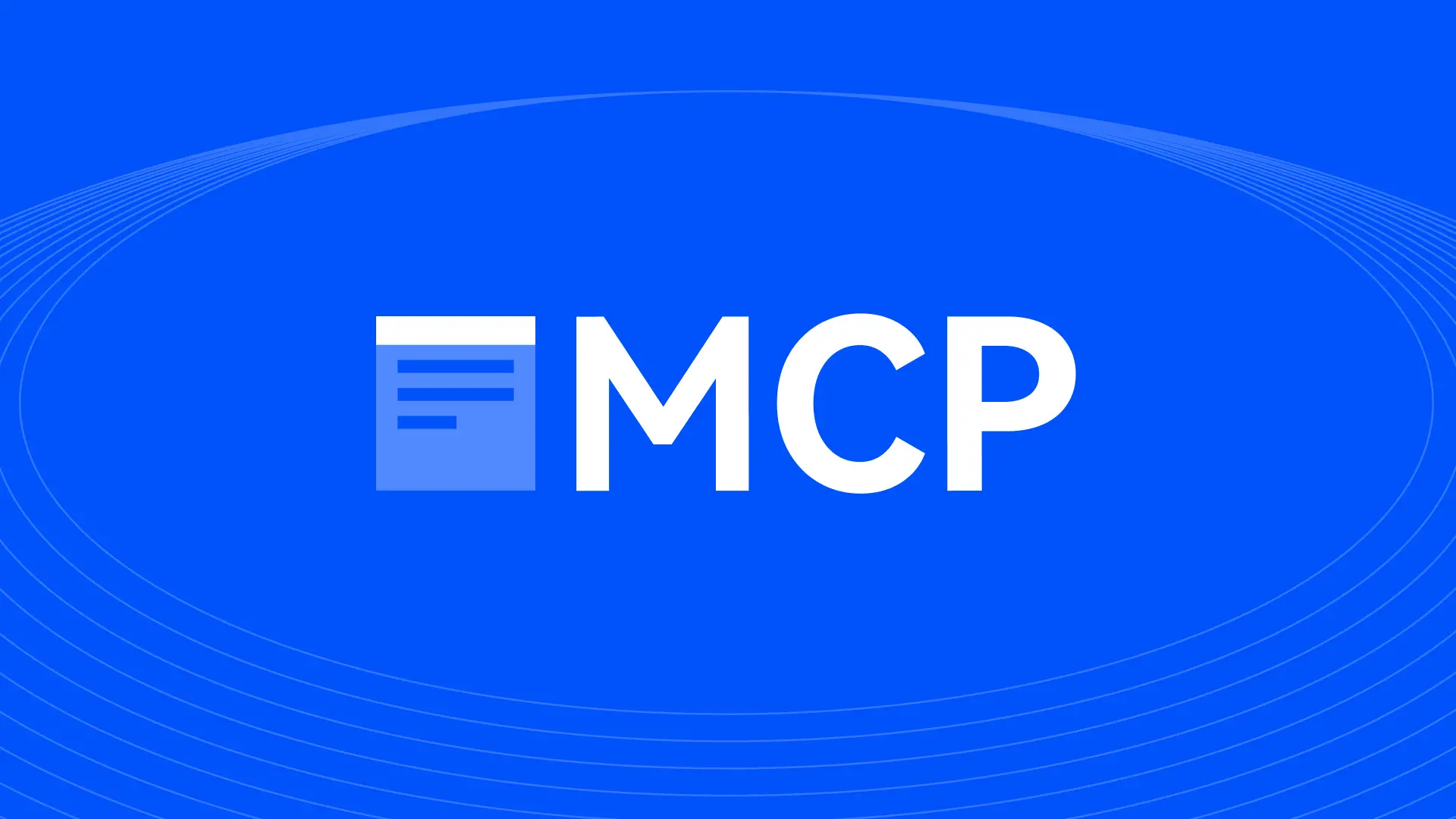Blade Games releases white paper: On-chain game ecosystem integrating AI Agents

Blade Games has released its white paper today, creating an on-chain gaming ecosystem integrated with AI Agents.
When Blade Games began building on-chain games on DAY 0, it envisioned a brand new form of gaming—a type of game participated in by on-chain AI Agents rather than human players, or further, a virtual world governed by smart contracts composed of AI Agents.
In 2022, this vision seemed unrealistic. But now, driven by the AI wave, AI Agents are continuously iterating towards being smarter, more personalized, more practical, and better at collaboration. The blockchain infrastructure, such as public chains like Arbitrum and Mantle, is constantly improving, and new players like 0G Labs and Delphinus Lab are actively emerging, all marking that the time has come.
Now, Blade Games is gradually integrating AI Agents into its on-chain gaming ecosystem, allowing users to interact with AI Agents through social media, deploy strategies through Agents for "play-to-mine," use existing game profiles across chains to earn additional mining rewards and seasonal rewards, and even participate in games designed by AI Agents for players—by storing rewards on-chain and distributing them verified by smart contracts, Agents will be able to devise strategies and compete for resources in the game.
One of the Largest On-Chain Gaming Ecosystems on Arbitrum and Mantle
Blade Games is one of the largest on-chain gaming ecosystems on Arbitrum and Mantle, with over 850,000 registered users. In early 2024, Blade Games completed its seed round financing, co-led by PTC Crypto and IOSG Ventures. In the first quarter of the same year, its ZK game engine zkUnity was launched, with 5 games already live in the ecosystem. For more information about the ZK game engine and technical documentation, please refer to the white paper.
On December 11, Blade Games announced that its monthly ecosystem revenue exceeded $300,000 (equivalent to $ETH), with over 200,000 active on-chain addresses. It plans to launch 3 self-developed games, including 1 mobile-adapted game, by 2025, and integrate over 15 partner games.
Blade Games' AI Agent Design Framework
Blade Games' AI Agent design framework consists of five main modules: character initialization, perception and response, memory and learning, interaction dynamics, and scalability.
Through the AI Agent prompt interface and long-term memory processor, the system initializes unique personalized configurations and memory bases for AI Agents, setting core goals and behavioral parameters. During operation, the perception system analyzes environmental data in real-time, and the strategy engine generates dynamic responses based on character personality and memory, while AI Agents can accumulate experience through interactions to optimize behavior.
The framework supports multi-AI Agent management and resource allocation, ensuring synchronization with the state of the game world and possessing flexible scalability.
In summary, with the continuous improvement of blockchain infrastructure and the rapid iteration of AI technology, the expectation for a deep integration of AI Agents and on-chain gaming ecosystems seems to be within reach. The V1 version of the white paper released by Blade Games for the first time includes token-related content and announces multiple benefits, including increased earnings in multi-token airdrop events held in collaboration with partners like 0G Labs, Delphinus Lab, Arbitrum, and Mantle. According to the roadmap, the project will have its TGE soon.










